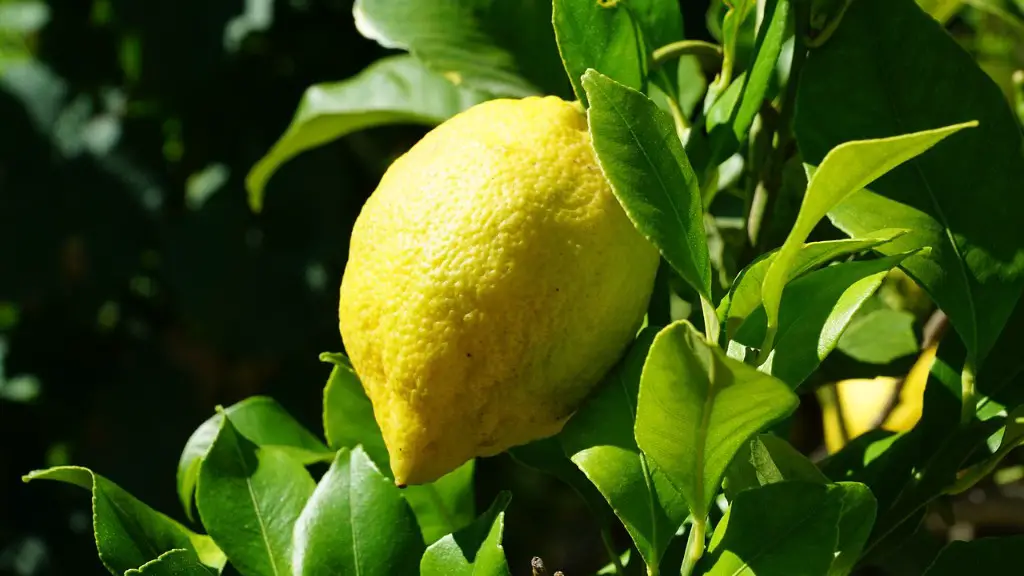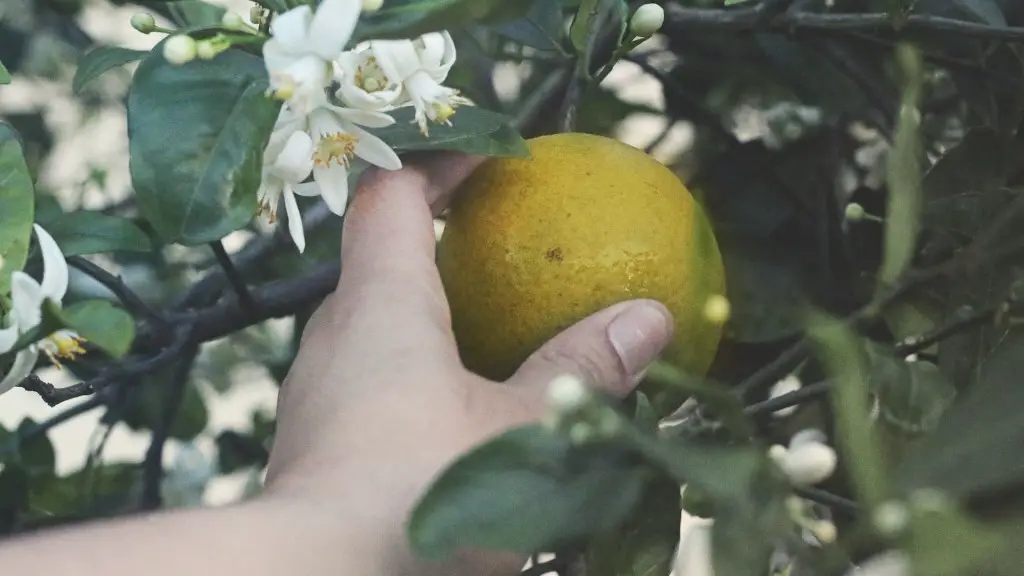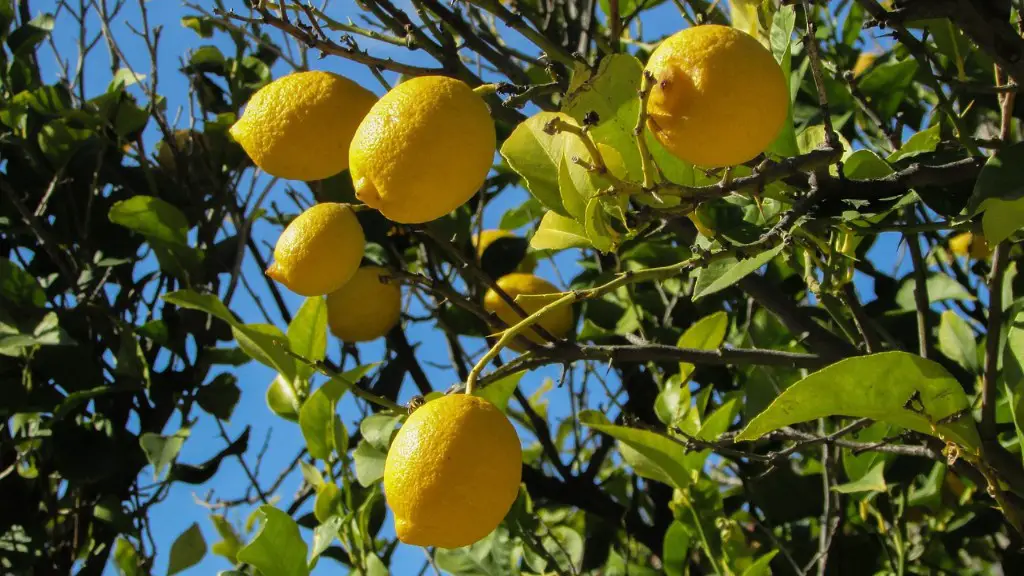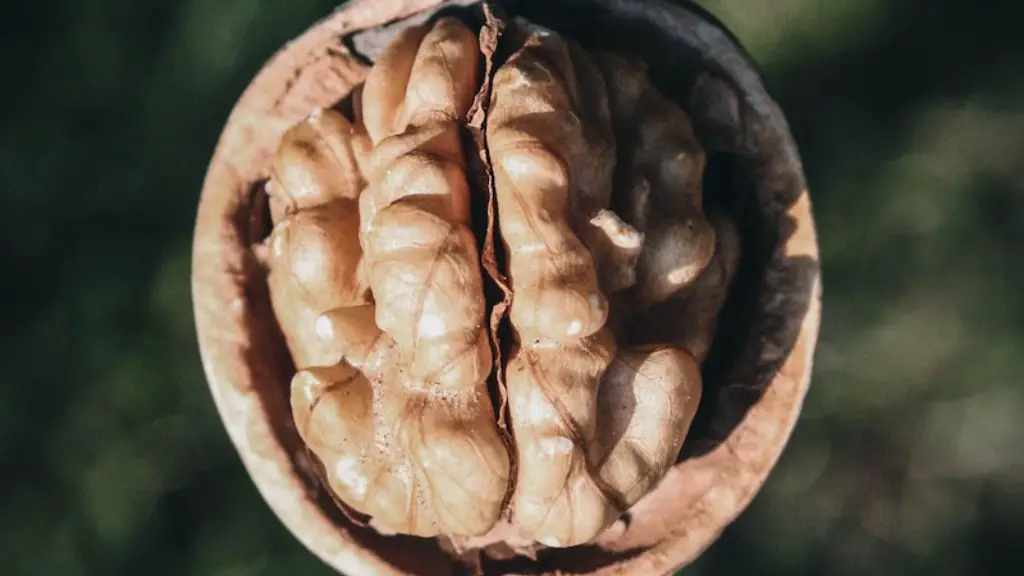Growing a lemon tree in India is not a difficult feat if one takes the right steps. The key is providing the right environment and care to the lemon tree, so it has the chance to reach its fullest potential. Here is a step-by-step guide to growing lemons in India.
1. Pick the right location. To grow a lemon tree successfully, you need a spot that gets six to eight hours of sunlight daily, so decide on a place in your garden you know gets good sun exposure. Also make sure the location is sheltered from strong winds, as this can damage the lemon tree.
2. Plant the seeds. To plant the seeds, use a potting mix that is lightweight and contains organic matter. Place the seed 1.5-2 cm down into the soil. Water the soil after planting and keep it consistently moist.
3. Fertilize regularly. Fertilizing your lemon tree regularly is essential to ensure its growth. A balanced 10-10-10 fertilize should be used during the lemon tree’s first year and during the flowering season. Reduce the amount of fertilizer as the tree matures.
4. Prune, water and mulch. Pruning encourages new growth, so get in the habit of pruning your tree. Be sure to water the tree and apply a layer of mulch around the tree once a month.
5. Monitor pests and diseases. Monitor your tree for pests and diseases regularly, and take steps to treat them as soon as you can. Acting quickly can prevent more serious damage to the tree.
6. Harvest the lemons. The lemons will be ready for harvesting when they are bright yellow and slightly soft to the touch. Cut them from the tree and store them in a cool place.
7. Enjoy your lemons. Once the lemons are ripe, enjoy them however you like; whether it be freshly squeezed into a drink or as part of a delicious meal. It’s all thanks to the care you provided your lemon tree.
Additional Factors Affecting Growth of a Lemon Tree in India
While the steps above are essential to ensure the success of a lemon tree in India, there are additional factors that could affect the lemon tree’s growth. These include environmental conditions and the type of soil.
1. Environmental conditions. The climate of India can affect the growth of a lemon tree. When temperatures reach extreme highs, it is essential to keep the tree well watered. In wintertime, lemon trees need shelter from frost and snow.
2. Type of soil. The soil used to grow a lemon tree should be moist, but well-draining. If the soil is too sandy or clay-like, it can be amended with compost, sand and perlite to break it up and make it more airy.
3. Careful when planting. When planting the lemon tree, it must be done carefully. Make sure to place the tree in an area where it can get at least 6-8 hours of direct sunlight on a daily basis. Planting too deep can also cause issues for the tree.
4. Rinse away pests. Pests and diseases can be a problem in India. Regularly checking the leaves and fruits of your tree can help you identify any pests. If any pests are present, they should be immediately removed and the leaves and fruits should be rinsed in warm water.
5. Regular pruning. Pruning the tree regularly is important to ensure the tree gets proper light and airflow. Pruning should be done while the tree is young, as this will help shape and train the tree’s branches.
Tips for Growing a Lemon Tree in India
Growing a lemon tree in India can be a rewarding experience, and following these tips can help you get the best results.
1. Good sun exposure. To ensure the tree gets adequate sun exposure, plant it in an area in your garden that gets six to eight hours of sunlight daily.
2. Mulching. Mulching the tree can help retain moisture and suppress weeds, so make sure to use a 2-3 inch deep mulch layer.
3. Keep the soil moist. Consistently moist soil will help promote healthy growth, but be careful not to overwater. Use a soil moisture meter to keep track of how much water the tree needs.
4. Fertilizer. A balanced 10-10-10 fertilizer should be used during the lemon tree’s first year and during the flowering season. Reduce the amount of fertilizer as the tree matures.
5. Monitor pests and diseases. Healthy lemon trees are less likely to be affected by pests and diseases. Keep an eye out for any pests or diseases and take steps to treat them as soon as possible.
Precautions to Avoid When Growing a Lemon Tree in India
While following these tips will aid in successfully growing a lemon tree in India, there are a few precautions that must be avoided.
1. Avoid overwatering. Overwatering can stunt the growth of a lemon tree. Water the tree only when the soil feels dry to the touch.
2. Avoid overfertilizing. Too much fertilizer can be harmful to the tree, so stick to the recommended amount.
3. Avoid artificial sun exposure. Artificial sun exposure from a heat lamp can be damaging to the tree. Natural sunlight is the best way to promote healthy growth.
4. Avoid strong winds. Strong winds can weaken the branches and impede growth, so make sure the area is sheltered from strong winds.
5. Avoid low temperatures. While lemon trees are hardy and can tolerate low temperatures, make sure to watch for signs of frost or snow damage.
Important Nutrients for a Healthy Lemon Tree in India
Providing adequate nutrition to the tree is essential to ensure its health and growth. Here are a few important nutrients that a lemon tree needs in order to thrive.
1. Nitrogen. Nitrogen is important for providing energy that helps with growth and development. It helps promote photosynthesis and strengthens the leaves of the tree.
2. Potassium. Potassium helps to control water uptake, encourages strong root growth and increases the tree’s disease resistance.
3. Magnesium. Magnesium aids in photosynthesis and helps the tree absorb other nutrients from the soil. It also helps preserve chlorophyll, which is essential for healthy growth.
4. Calcium. Calcium helps strengthen cell walls and increase the uptake of other nutrients. It also helps regulate hormones and enzymes.
5. Iron. Iron helps increase the production of chlorophyll and helps in the absorption of other nutrients. It is also vital for healthy root growth and development.




